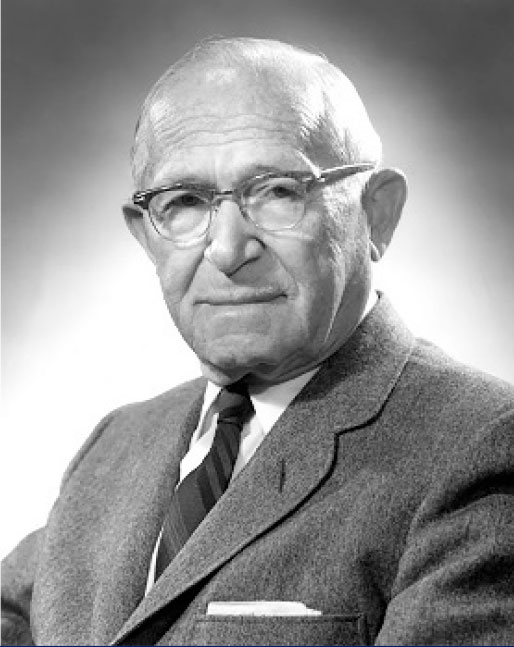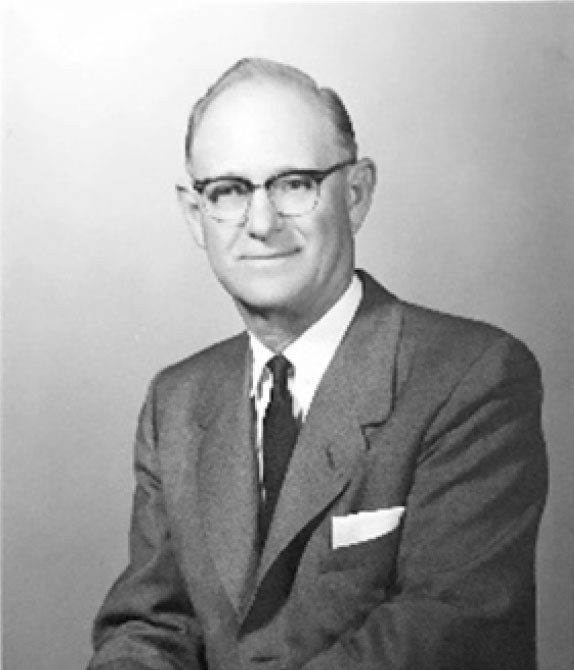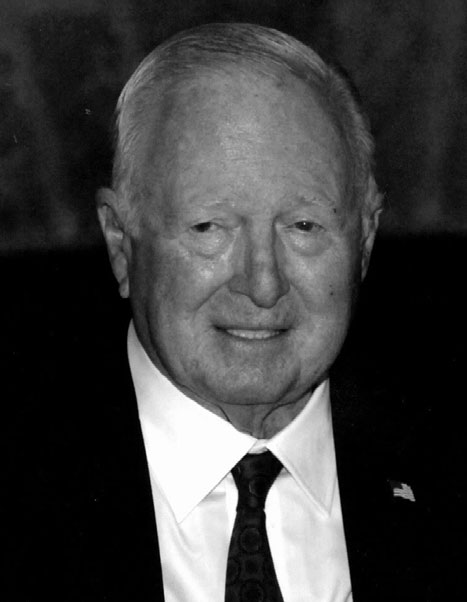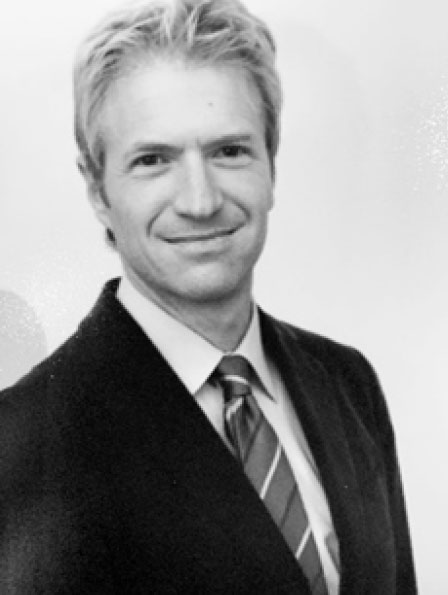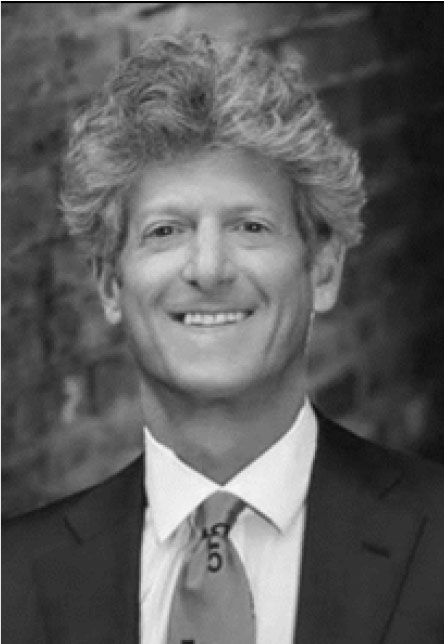A Family’s Legacy

In 1904 because of the general discord in Russia, including the impending Russo-Japanese war, Hyman Korman was directed by his father, Bejnamin Korman, to relocate to America. He arrived in Philadelphia and initially took a position in the manufacturing company, followed shortly by his future bride who had family that had previously settled on farms outside the city of Philadelphia. After a series of promotions in the manufacturing business, Hyman purchased a farm in Northeast Philadelphia. Hyman continued to commute to his Center City manufacturing position and his wife Yetta took charge of the children and the farm. During the warm summer months, she took in guests desiring to escape the heat of the city. Other members of Mrs. Korman’s family also provided lodging and livery services for horses from their own farms for travelers to and from Philadelphia and the countryside.
Through the depression years the Kormans continued larger scale development and construction of homes, creating entire neighborhoods in the Northeast section of Philadelphia. Many of the home buyers were teachers and the Korman family extended mortgage financing to them as they posed little credit risk and allowed for the further development of housing. The “Korman Home” gave the owner extra value in the marketplace and was remarketed as such. Renowned for their quality and long-term warrantee, Korman Homes demanded a premium in their marketplace.
Construction activities were ceased during WWII as many of the same materials were needed for the war effort. From 1942-1945 the Kormans’ key employees not in the military were managing the investment portfolio of apartments and stores, while Max and Sam returned to their farms in Bucks County, growing cattle and crops in support of the war effort.
Max and the family acquired a large position in the Warner Company, a provider of lime and cement for construction and the manufacture of steel. They later merged the Frankford Supply Company into Warner, effectively giving them voting control. After several attempts to acquire the Fairless Works land of US Steel for industrial development proved unsuccessful, the family decided to monetize its position in the Warner Company and invest those funds in joint ventures with the Korman Corporation.
Max and Sam were invited to join with a financial group to acquire Cedarbrook Country Club and developed luxury highrise buildings, providing exclusive country club living to the area. This proved to be a very successful real estate venture.
Max was a Founding Trustee of the Pennsylvania Real Estate Investment Trust, one of the first REITs listed on the New York Stock Exchange. Max was elected a Director of the Philadelphia National Bank, then one of the oldest banks in the United States. As Vice President and Director of the Albert Einstein Medical Center, Max and the family contributed funds and direction to the medical research activities of the hospital network until his death in 1966, a role assumed by his son Bert and then his grandson John since that time. In 1969, Sam was elected a trustee of PREIT, Director at the Philadelphia National Bank and joined the Board of Trustees at Drexel University.
In 1955, Murray G. Isard joined the firm as Executive Vice President and Director of Real Estate. Mr. Isard also served on the Philadelphia City Planning Commission, the Library Company, and other civic endeavors. He ably assisted Max and Sam in the company’s growth. Murray was instrumental in acquiring the city block along the Schuylkill River at 26th and Delancey Street, formerly the Bower Chemical Company plant, and had planned to replace it with a residential tower. The company later entered into a long-term lease with the Provident National Bank on that site. Murray also served as a Director of the Germantown Savings Bank.
Korman continued to monetize the company’s vast land holdings through development of communities in Pennsylvania and New Jersey. Under Leonard Korman, a graduate of The Wharton School, the Commercial division of the Korman Corporation developed numerous shopping centers, as well as The Neshaminy Interplex-an office park comprised of more than one million square feet.
Bert, with Max and Sam Korman, developed the Plaza Apartments, an iconic 305-unit high-rise building located on the Benjamin Franklin Parkway, the cultural hub in the City of Philadelphia. Later, the Kormans entered into a joint venture with Trusthouse Forte and converted the Plaza to one of the finest hotels in the City of Philadelphia.
In a joint venture with Reynolds Metals Company, now merged into ALCOA, Korman developed the largest integrated urban renewal project in the United States, comprising over 4,000 homes and 1,000 apartments surrounded by the Philadelphia International Airport, two shopping Centers, and numerous hotels/motels. A planned theme park on the I-95 frontage, was stalled when its I-95 frontage was taken by its 26th and Delancey Street tenant, now PNC Corp. With the support of the City of Philadelphia, PNC Corp. moved its Operations Center there to take advantage of the visibility it afforded.
Shortly thereafter Korman entered into a joint venture with Resorts International to develop housing for casino workers near Atlantic City, New Jersey, as gambling had recently become legalized in the state. Additional strategic partnerships were formed during this time including one with SmithKline (now Glaxo) and Philadelphia Electric Company to develop Franklin Town: a mixed-use community of high-rise apartments, office buildings and public spaces in Center City, Philadelphia.
In the suburbs of Philadelphia, the Kormans developed the 1 million square foot Neshaminy Mall at a time when shopping malls were new and exciting regional gathering places. Neshaminy Mall remains a significant shopping destination for all of Bucks County with three major department stores as mall anchor tenants.
Hyman Korman (1882 – 1969)
Simultaneously, the company acquired a well-located 200 acre industrial site in New Jersey for distribution. Korman created its own zoning because at that time the regulations in place were lacking. Marketed as Interstate Industrial Park, the two million square foot of warehouse/distribution space in a fenced, landscaped campus-like setting accommodated the area’s growing supply chain needs. The park was developed in stages over 15 years and sold to users in phases to maximize the family’s investment.
In keeping with the family tradition of service, Bert in 1966, upon the death of his father Max, was invited to join the Board of Trustees for Albert Einstein Medical Center. In 1968 he joined the Board of Germantown Academy, the oldest secondary school in continual existence in the United States, and the Franklin Institute Science Museum. Bert was elected co-chair of the Board of Overseers at the Graduate School of Design at the University of Pennsylvania, his alma mater. Bert was elected to the Board of the Philadelphia Savings Fund Society (PSFS), then the largest bank in assets in Philadelphia. He currently holds directorships at the Philadelphia Orchestra, Philadelphia Museum of Art, Jupiter Medical Center and the Palm Beach County Cultural Council. Leonard was elected to the board of the Pennsylvania Real Estate Investment Trust. Leonard, too, serves on the Board for The Albert Einstein Healthcare Network, as well as The Thomas Jefferson University and Hospital. He also served on the Advisory Board for Philadelphia National Bank before its merger with Well Fargo Bank.
Korman continued to assemble tracts throughout Pennsylvania and New Jersey, providing sites for three major housing developments containing an additional 10,000 houses and 6,000 apartments. The company developed Salem Harbour, a resort community in Andalusia, Pennsylvania with a 60-boat marina, golf course, clubhouse, pool, tennis club, and beach along the Delaware River. A similar but more exclusive resort community was developed in Huntington Valley with indoor tennis facilities, a clubhouse, spa and a Fazio designed golf course. These were among the finest rental communities in the United States at that time.
The company continued to develop luxury high rise apartment buildings and hotels in Center City, Philadelphia and by the Philadelphia International Airport.
In 1996, after a structural shareholder realignment, John Korman became Chief Executive Officer and James Korman became President of Korman Residential Properties, a corporation formed to manage many of the family’s holdings as well as acquire and manage additional properties and portfolios with Bert Korman as Non-Executive Chairman. John Korman has 40 years of real estatemanagement, finance, construction and development experience. He has supervised the execution of over $2 billion of commercial real estate financing, acquisition and disposition transactions.
John has successfully arranged for more than $1 billion in multi-family debt and equity. He has participated in over $900 million in multi-family acquisitions and dispositions, as well as the development of income-producing and for-sale housing portfolios totaling nearly $1 billion. John’s responsibilities include portfolio strategy, capital allocation, and joint venture administration.
Prior to joining Korman Residential, John was involved in all phases of multi-family, office, industrial, retail and hotel real estate for a related entity, partnering with national and international institutional investors. John is a graduate of the Wharton School, University of Pennsylvania.
John joined the Board of Trustees of Albert Einstein Medical Center and today serves as Secretary of the Board of Trustees of the Einstein Healthcare Network. He also served as Trustee of Germantown Hospital and The Belmont Center before their merger into the Einstein Healthcare Network. As Chairman of the Albert Einstein Society, he has led the fundraising and selection of research and innovative programs over the past 20 years. John also serves, with his father Bert (a Life Trustee), as a Trustee at Germantown Academy, where John has acted as fiduciary for his college prep school coordinating government agencies, architects, and builders, with the needs of the Academy. John is also a member of many cultural organizations serving the citizens of the metropolitan area.
After a planned disposition of many of the family’s real estate holdings between 2017-2019, James joined a highly regarded organization of high net worth Family Offices. As a fiduciary for family trusts that he serves, James sought current best practice for Family Offices. He immediately felt strong synergies with other multi-generational successful families. James realized he should look to partner with families who appreciate the value of a strong financial plan and patience, as well as the Wall Street institutions that he enjoyed success with previously. In all of the Korman Family investments the primary focus will remain on wealth preservation in good times and in bad times.
As a charter member of Drexel University’s Real Estate Management and Development Board, James has been helping shape curriculum for tomorrow’s industry leaders. James has been a guest lecturer for the Wharton School at the University of Pennsylvania and has been referred to as an industry visionary for his lifestyle initiatives designed to convert the enormous pool of home buyers into renters by choice. His vision extended well beyond his competitors and captured a previously untapped larger market. These innovations coupled with John Korman’s timely recapitalizations and refinancings resulted in over $500 million in realized value.
James Korman served as President of The Apartment Association of Philadelphia as well as President of the Pennsylvania Apartment Association where he created the Renter’s Bill of Rights, which was presented to Legislators in the State Capital. As a highly ranked tennis player James graduated from the University of Delaware where he captained the men’s tennis team. Sports have been the platform in which James became accustomed to competing and winning. His love of sports led him to charitable endeavors with professional sports organizations like the Philadelphia Eagles and Philadelphia Union Soccer team where James is Chairman of the Nominating Committee. He utilizes the influence of professional athletes’ celebrity status to help positively impact underserved children.
In 2017, the Korman family celebrated its 100-year anniversary in business in the United States. That same year, Korman acquired a 276-unit luxury glass high-rise tower on the campus of the University of Pennsylvania in a joint venture with The Carlyle Group.
Three years later, Korman Ventures is launching to form strategic partnerships with private investors to acquire opportunistic properties and portfolios with partners like themselves who desire the stability and profitability afforded by longer term holdings of Class A, low-risk real estate with consistent cash flow. Korman has developed and structured a tax advantaged investment vehicle designed for our international partners. Korman Ventures’ Capital Appreciation Investment Vehicle prioritizes high quality real estate in the most desirable United States locations. The money will be held in US Dollars and invested in US Dollars. The focus of investments will be on Multi-family and Industrial assets in Pennsylvania, New Jersey, and Florida.
The Korman family plans to utilize historically low interest rates to acquire multi-family and Industrial distribution assets to accommodate the nation’s growth.

